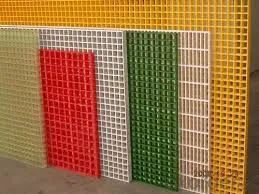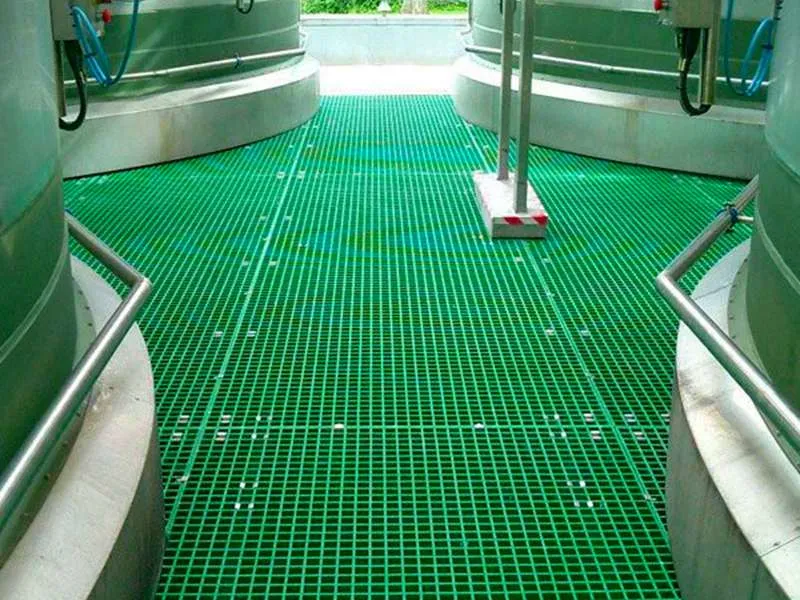
-
 Afrikaans
Afrikaans -
 Albanian
Albanian -
 Amharic
Amharic -
 Arabic
Arabic -
 Armenian
Armenian -
 Azerbaijani
Azerbaijani -
 Basque
Basque -
 Belarusian
Belarusian -
 Bengali
Bengali -
 Bosnian
Bosnian -
 Bulgarian
Bulgarian -
 Catalan
Catalan -
 Cebuano
Cebuano -
 China
China -
 China (Taiwan)
China (Taiwan) -
 Corsican
Corsican -
 Croatian
Croatian -
 Czech
Czech -
 Danish
Danish -
 Dutch
Dutch -
 English
English -
 Esperanto
Esperanto -
 Estonian
Estonian -
 Finnish
Finnish -
 French
French -
 Frisian
Frisian -
 Galician
Galician -
 Georgian
Georgian -
 German
German -
 Greek
Greek -
 Gujarati
Gujarati -
 Haitian Creole
Haitian Creole -
 hausa
hausa -
 hawaiian
hawaiian -
 Hebrew
Hebrew -
 Hindi
Hindi -
 Miao
Miao -
 Hungarian
Hungarian -
 Icelandic
Icelandic -
 igbo
igbo -
 Indonesian
Indonesian -
 irish
irish -
 Italian
Italian -
 Japanese
Japanese -
 Javanese
Javanese -
 Kannada
Kannada -
 kazakh
kazakh -
 Khmer
Khmer -
 Rwandese
Rwandese -
 Korean
Korean -
 Kurdish
Kurdish -
 Kyrgyz
Kyrgyz -
 Lao
Lao -
 Latin
Latin -
 Latvian
Latvian -
 Lithuanian
Lithuanian -
 Luxembourgish
Luxembourgish -
 Macedonian
Macedonian -
 Malgashi
Malgashi -
 Malay
Malay -
 Malayalam
Malayalam -
 Maltese
Maltese -
 Maori
Maori -
 Marathi
Marathi -
 Mongolian
Mongolian -
 Myanmar
Myanmar -
 Nepali
Nepali -
 Norwegian
Norwegian -
 Norwegian
Norwegian -
 Occitan
Occitan -
 Pashto
Pashto -
 Persian
Persian -
 Polish
Polish -
 Portuguese
Portuguese -
 Punjabi
Punjabi -
 Romanian
Romanian -
 Russian
Russian -
 Samoan
Samoan -
 Scottish Gaelic
Scottish Gaelic -
 Serbian
Serbian -
 Sesotho
Sesotho -
 Shona
Shona -
 Sindhi
Sindhi -
 Sinhala
Sinhala -
 Slovak
Slovak -
 Slovenian
Slovenian -
 Somali
Somali -
 Spanish
Spanish -
 Sundanese
Sundanese -
 Swahili
Swahili -
 Swedish
Swedish -
 Tagalog
Tagalog -
 Tajik
Tajik -
 Tamil
Tamil -
 Tatar
Tatar -
 Telugu
Telugu -
 Thai
Thai -
 Turkish
Turkish -
 Turkmen
Turkmen -
 Ukrainian
Ukrainian -
 Urdu
Urdu -
 Uighur
Uighur -
 Uzbek
Uzbek -
 Vietnamese
Vietnamese -
 Welsh
Welsh -
 Bantu
Bantu -
 Yiddish
Yiddish -
 Yoruba
Yoruba -
 Zulu
Zulu
Feb . 14, 2025 18:14
Back to list
Insulation Tanks
In the realm of shipbuilding, the integration of advanced materials has become pivotal, with fiberglass pipes and fittings taking center stage due to their unparalleled benefits. As vessels are constantly exposed to harsh maritime environments, the materials used in construction need to be both robust and versatile. Fiberglass pipes and fittings have emerged as a revolutionary choice, offering durability, resistance, and efficiency in a field that demands excellence.
The trustworthiness of fiberglass pipes and fittings in the shipbuilding industry is reflected through numerous case studies and real-world applications. Companies specializing in fiberglass production often provide certifications and warranties that attest to their product's longevity and performance. This transparency fosters trust among shipbuilders and operators who rely on these products for critical operations. Furthermore, fiberglass is impervious to marine life, which can often wreak havoc on materials exposed to the ocean. Unlike metal pipes that may become breeding grounds for barnacles and other marine organisms, fiberglass remains unaffected, thus ensuring unobstructed flow and reducing the need for frequent cleanings. This characteristic is particularly critical in maintaining the efficacy and reliability of the ship's operational systems. Incorporating fiberglass pipes and fittings in shipbuilding also makes economic sense. Initial investment costs are often offset by the longevity and low maintenance needs of fiberglass. Shipbuilders can allocate resources more efficiently, knowing that the frequency and costs associated with repairs and replacements are significantly reduced, thus enhancing the overall return on investment. Finally, the future of fiberglass in shipbuilding looks promising, with ongoing research and development improving its properties even further. Innovations such as enhanced UV resistance, increased thermal stability, and improved bonding techniques are continually expanding its applications and augmenting its performance. As the maritime industry evolves, fiberglass remains at the forefront of technological advancements, providing a reliable, efficient, and environmentally friendly solution for modern shipbuilding challenges. In conclusion, fiberglass pipes and fittings embody the ideal marriage of experience, expertise, authoritativeness, and trustworthiness in shipbuilding. Their introduction has radically shifted design paradigms, offering unparalleled benefits that meet the stringent demands of marine conditions. As the industry moves towards a future of sustainable and efficient maritime solutions, fiberglass stands out as a beacon of innovation and practicality.


The trustworthiness of fiberglass pipes and fittings in the shipbuilding industry is reflected through numerous case studies and real-world applications. Companies specializing in fiberglass production often provide certifications and warranties that attest to their product's longevity and performance. This transparency fosters trust among shipbuilders and operators who rely on these products for critical operations. Furthermore, fiberglass is impervious to marine life, which can often wreak havoc on materials exposed to the ocean. Unlike metal pipes that may become breeding grounds for barnacles and other marine organisms, fiberglass remains unaffected, thus ensuring unobstructed flow and reducing the need for frequent cleanings. This characteristic is particularly critical in maintaining the efficacy and reliability of the ship's operational systems. Incorporating fiberglass pipes and fittings in shipbuilding also makes economic sense. Initial investment costs are often offset by the longevity and low maintenance needs of fiberglass. Shipbuilders can allocate resources more efficiently, knowing that the frequency and costs associated with repairs and replacements are significantly reduced, thus enhancing the overall return on investment. Finally, the future of fiberglass in shipbuilding looks promising, with ongoing research and development improving its properties even further. Innovations such as enhanced UV resistance, increased thermal stability, and improved bonding techniques are continually expanding its applications and augmenting its performance. As the maritime industry evolves, fiberglass remains at the forefront of technological advancements, providing a reliable, efficient, and environmentally friendly solution for modern shipbuilding challenges. In conclusion, fiberglass pipes and fittings embody the ideal marriage of experience, expertise, authoritativeness, and trustworthiness in shipbuilding. Their introduction has radically shifted design paradigms, offering unparalleled benefits that meet the stringent demands of marine conditions. As the industry moves towards a future of sustainable and efficient maritime solutions, fiberglass stands out as a beacon of innovation and practicality.
Next:
Related Products









